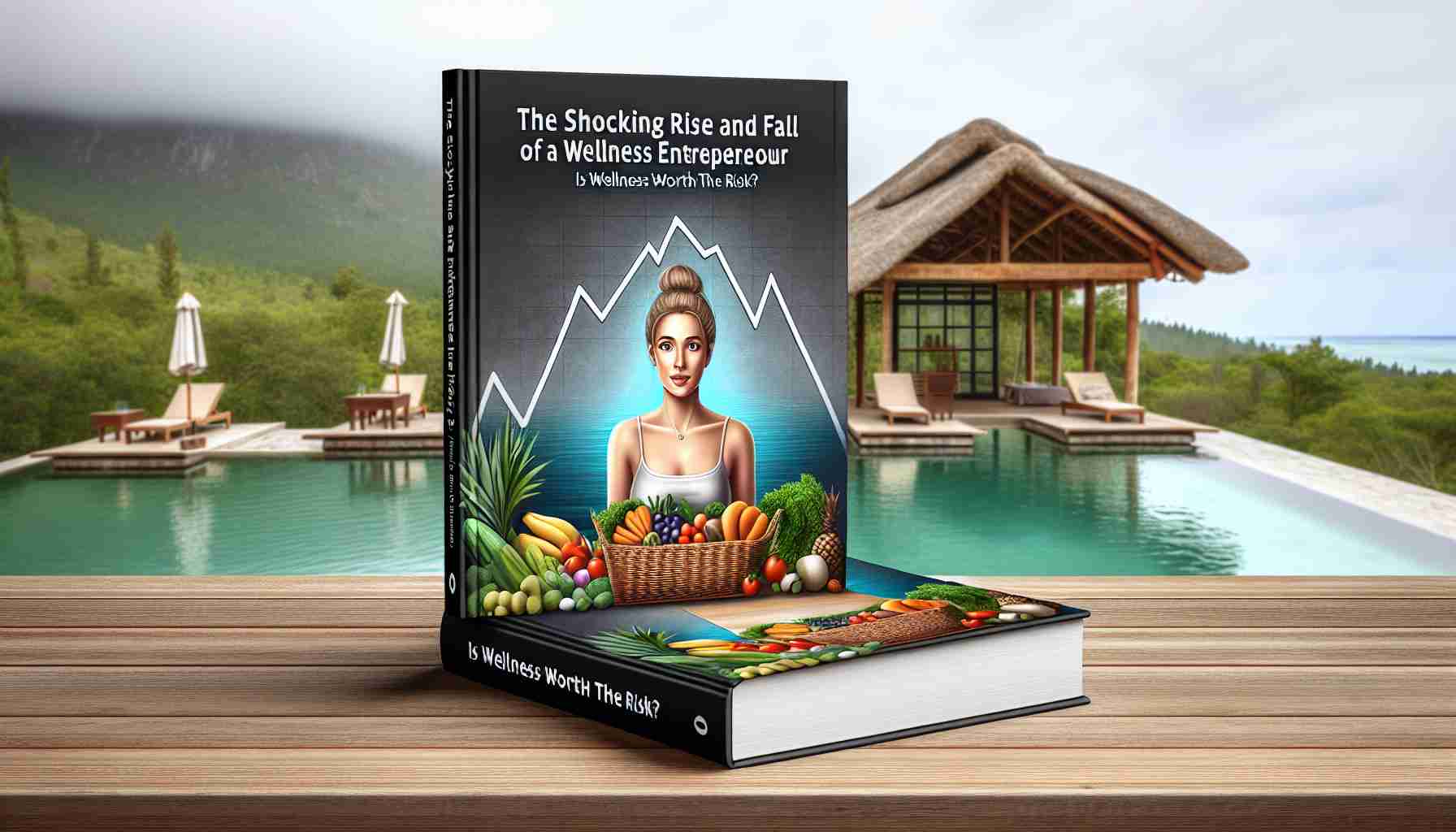- Belle Gibson deceived followers by falsely claiming she cured terminal brain cancer through diet.
- Her narrative attracted vulnerable individuals, promoting reckless health advice that jeopardized lives.
- Lucy, a cancer patient, abandoned chemotherapy for Gibson’s recommendations, worsening her condition.
- Justin, Lucy’s boyfriend, investigates Gibson, revealing her dishonesty and charity fund misappropriations.
- The story highlights the need for critical discernment in a social media landscape filled with influencers.
- It serves as a cautionary tale about the dangers of believing unverified health claims.
In a captivating tale of deception and desperation, Apple Cider Vinegar explores the life of Belle Gibson, a wellness blogger who spun a web of lies, claiming she conquered terminal brain cancer through clean eating. This “true-ish” story unveils how Gibson transformed into an influencer, drawing in followers with the promise of health and vitality—despite not having cancer at all.
Much like Anna Delvey, Gibson crafted a glamorous persona from humble beginnings, using charm and cunning to captivate an audience desperate for hope. Yet, instead of defrauding the wealthy, she preyed on vulnerable cancer patients, risking their health with reckless advice while craving validation and admiration.
At the heart of the narrative is Lucy, a young woman battling breast cancer, who becomes entranced by Gibson’s story. Ignoring her doctor’s warnings, Lucy ditches chemotherapy to follow Gibson’s dubious dietary regime—a choice that deteriorates her health, straining her relationship with her investigative journalist boyfriend, Justin.
As Justin unravels the truth behind Gibson’s façade, the stakes rise. With tips from ex-associates and mounting evidence of misappropriated charity funds, a storm builds, culminating in a shocking exposé that topples Gibson’s empire.
Apple Cider Vinegar not only delivers a gripping drama but also highlights a darker truth of our modern world: in an era where social media influencers hold sway, discerning truth from deception has never been more critical. Beware the influencers peddling “miracle cures”—it could cost you more than you think. Stay informed. Stay safe.
The Dark Side of Wellness Influencers: A Cautionary Tale Unveiled
The Deceptive World of Wellness Influencers
The story of Belle Gibson serves as a cautionary example of how unchecked influence can lead to potentially grave consequences. This narrative not only sheds light on individual deceit, but also on the broader implications of wellness culture in the age of social media.
Key Insights
1. Emerging Trends in Wellness Influencing: The rise of social media has facilitated the emergence of wellness influencers who often lack proper medical credentials. Unlike traditional medical professionals, these influencers frequently disseminate unverified advice and promote products without scientific backing. This trend raises concerns about the health and safety of their followers.
2. Market Forecast for Health Products: The global wellness market, initially valued at approximately $4.5 trillion, is projected to grow significantly. As consumers seek alternative health solutions, the demand for wellness products, including organic foods, supplements, and lifestyle coaching, will continue to rise. However, this market saturation also presents an opportunity for misinformation to proliferate.
3. Potential Consequences of False Claims: The horrific impacts of misleading health advice are illustrated by anecdotes such as Lucy’s life-threatening decision to abandon chemotherapy. This not only highlights personal risk but also underscores the ethical implications for influencers who capitalize on vulnerable populations.
Frequently Asked Questions
Q1: What health risks are associated with following unverified wellness advice?
A1: Following unverified wellness advice may lead individuals to forsake proven medical treatments, potentially worsening their conditions. This misguidance can also lead to dangerous dietary practices, nutrient deficiencies, or delays in seeking necessary medical attention.
Q2: How can consumers identify credible health advice online?
A2: Consumers should look for advice from certified health professionals, verified research studies, and reputable organizations. It’s essential to be skeptical of claims made without solid evidence, especially those promoting miracle cures or quick fixes.
Q3: What are the ethical responsibilities of wellness influencers?
A3: Wellness influencers have a responsibility to provide information based on sound evidence. They should disclose any potential conflicts of interest, such as endorsements from brands, and avoid making unsubstantiated health claims that could jeopardize the well-being of their followers.
Additional Considerations
– Comparisons: Similarities can be drawn between other high-profile deception cases such as Anna Delvey’s and Elizabeth Holmes’ Theranos, highlighting a pattern of fraudulent behavior driven by an unquenchable thirst for success and validation.
– Sustainability and Wellness Culture: The promotion of sustainable and natural products is a key trend within the wellness space, yet the authenticity of these products must also be verified to prevent false claims about their effectiveness or health benefits.
– Security Aspects: As wellness products and influencer services proliferate, consumers need to be vigilant regarding their privacy and personal information when engaging with these platforms.
– Innovations in the Industry: The wellness sector is seeing innovation through apps and telehealth consultations, which aim to provide verified health advice. However, vigilance remains crucial to ensure their integrity.
For more on wellness trends, innovations, and personal health stories, visit wellness.com.
